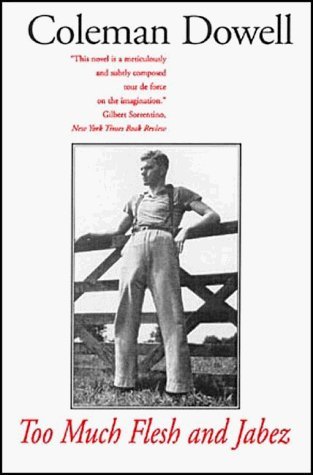A Strange Fruit Grows in Louisville
… At a very early age I became aware of what I then considered my “deviant” sexuality. In my mind, it made sense that since people of such conflicting and deep ideological difference could seamlessly consider one another as kin, then wider acculturation of difference in sexuality should certainly follow. …
More


